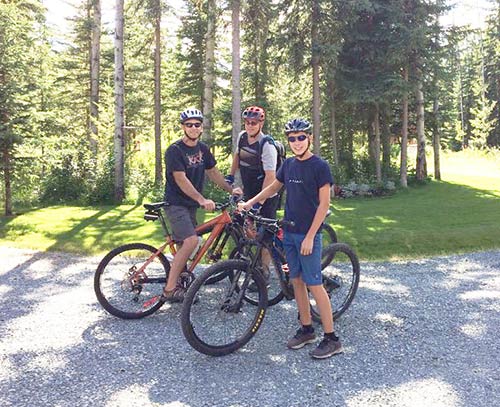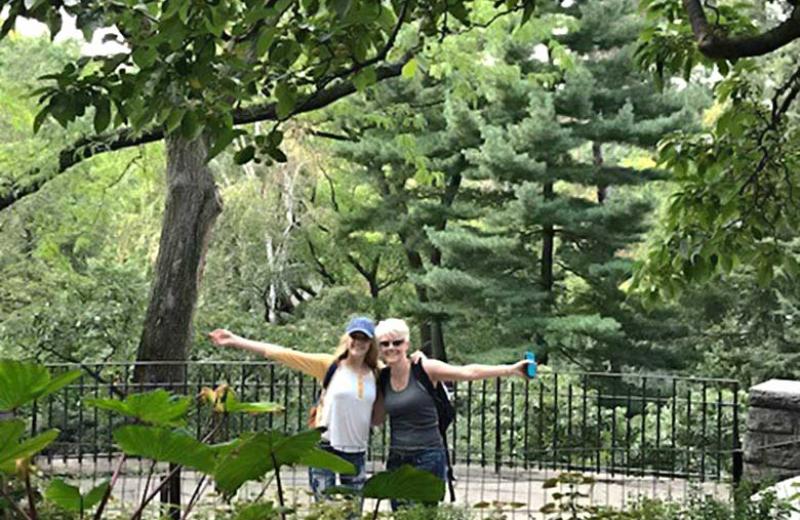The relationship you have with the teen(s) in your life is likely filled with moments of hope, joy, pride, challenge, frustration, fear, confusion, and everything in between. So how can parents and connected adults navigate these relationships and foster positive, mutually respectful relationships that can withstand a few bumps along the way?
There are so many changes in the adolescent period, including social, emotional, physical and cognitive. Social and emotional development is big at this time, and you can expect to see changes in the way teens interact and behave. Searching for identity, independence, responsibility, and adventure; placing more importance on friendships, peers, and dating; and communicating differently are all hallmarks of life during adolescence.
This time of change creates a fabulous opportunity for an adult to become a safe person to talk to, to create a safe environment, and to create a sense of freedom for exploration with the structure and support to do that safely. Building a solid foundation in the earlier years will certainly support this new challenge, but if this teen is new to your world, or your relationship has been less connected as you had hoped, don’t fear. With some energy, support, and information, you can become a meaningful person in the life of teens you care about.
Here are some things to keep in mind:
- Adult-teen relationships are NOT friendships, but they include components found in healthy friendships such as open communication, sharing, respect, and trust.
- We want teens to talk to us and ask questions, so be ready and make time when they approach you. You want to be ready to talk when they are, we don’t want to miss the opportunity. Make sure you are completely present and listening.
- Plan ahead and prepare yourself to speak knowledgeably about substances, mental and emotional health, sexuality, and identity. Leave the judgment and dramatic statements at the door, and have factual information to share in a context that makes sense for your teen.
- Encourage and support your teen’s involvement in a variety of activities, clubs, and groups that highlight their strengths, provide opportunity for building self-esteem and connections to youth with similar interests. Having a few different spaces and groups to connect to also provides social options for when challenges come up with one group of friends.
- Be a part of your teen’s life. Get to know their friends, and welcome them into your home.
- Remember to treat your teen like you want to be treated. And model the behaviour you want to see. If no phones or devices are allowed at the dinner table, put yours away too.

Creating a safe space for teens to ask questions without fear of rejection, judgment, or discipline is key. There are lots of resources out there to support your learning. Two websites to check for up to date information are:
While there is no guide or fool-proof plan to make these relationships successful, it is certainly worth the effort. Positive adult and teen relationships are linked with a host of positive outcomes, such as social emotional well-being, better academic achievements, and delayed or reduced substance use and risky behaviours. To learn more, visit Healthy Families BC.
This article was first published in the Winter 2018 issue of Healthier You magazine. Check out the full issue!














Comments